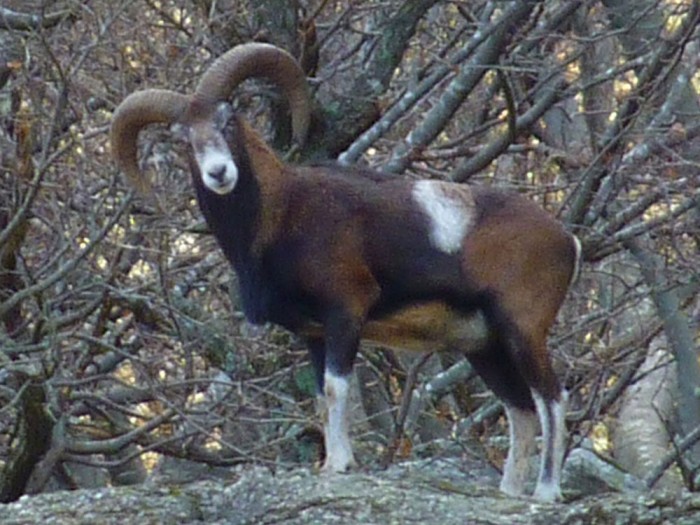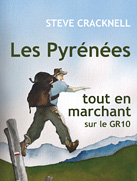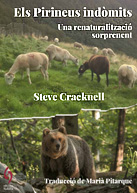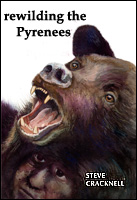Cet article est également disponible en: French
We are talking about sheep and bears in the Pyrenees when Alain Reynes, director of the pro-bear organization Pays de l’Ours tackles a broader concept.
“What is a domesticated animal?” he asks. It is a rhetorical question. “The sheep’s ancestor was the Asiatic mouflon. What happens is that you take a wild animal that is capable of living in natural surroundings. You domesticate it, increasing its productivity. But at the same time, you reduce its ability to live in the wild, to escape predators and resist diseases. The moral contract between the animal and humans is that we assure its food, take care of it when ill, and protect it. In exchange, the energy that the animal has saved from not having to escape from predators, not needing to fight diseases, and looking for food – all that energy – will be transferred to us humans in the form of meat, wool, or work. That’s the contract. When one has domesticated animals, which by their nature are under our protection, and one lets them loose on the mountains they can’t cope. They are very vulnerable. If we don’t protect them, we are breaking the contract.”
The question being debated in the Pyrenees at present is how to protect them from bears and wolves. How exactly should we fulfil our part of the contract?











Footprints on the mountains